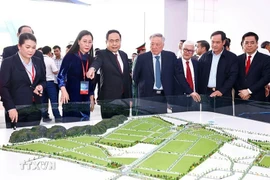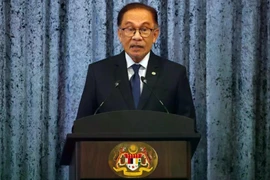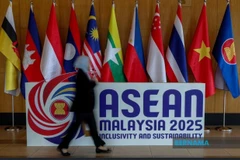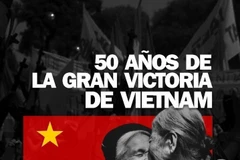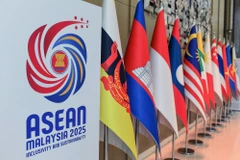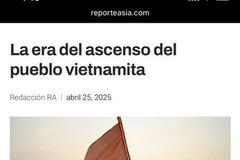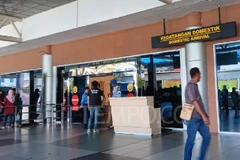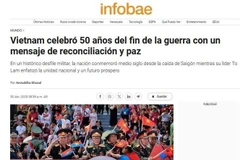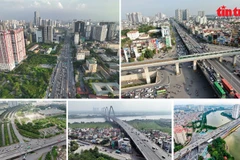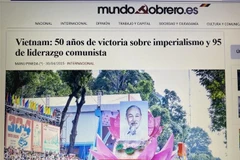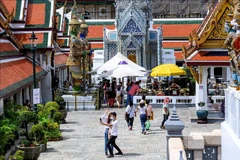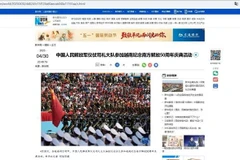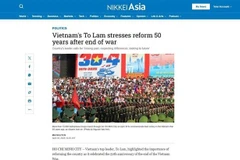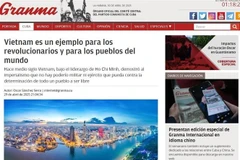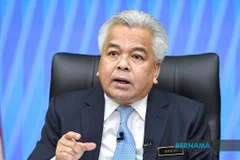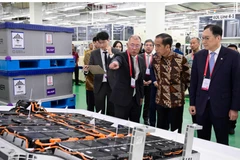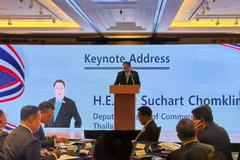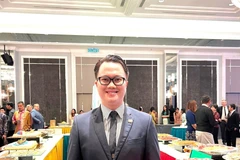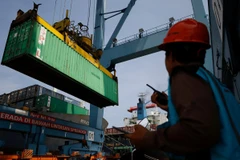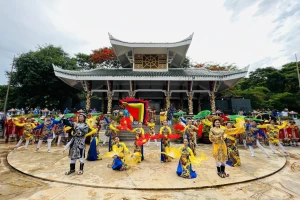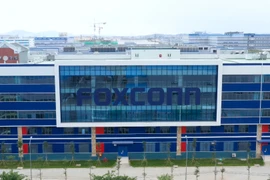Kuala Lumpur (VNA) – Malaysia, as this year’s ASEAN chair, is committed to ensuring that the Digital Economy Framework Agreement (DEFA) can be implemented in the near future, said Digital Minister Gobind Singh Deo.
He said this was important because the agreement brings great potential to the regional digital economy which is estimated to reach 2 trillion USD by 2030.
Speaking to media on April 17, Gobind said that Prime Minister Anwar Ibrahim will work with ASEAN regional leaders to implement the agreement as soon as possible to have an economic impact, not only on Malaysia, but also on the region in the near future.
According to Gobind, the DEFA agreement, which emphasises a dynamic ecosystem for the digital economy including the provision of infrastructure, the implementation of e-commerce, cybersecurity, the use of digital payment technology, as well as digital transformation policies such as e-invoicing, has been discussed for a long time over the past few years.
However, there are certain problems because each country has different challenges. Some countries are strong in certain aspects, while some countries still need time because they are not ready in terms of Internet connectivity and the overall digital ecosystem.
As the ASEAN chair this year, Malaysia will focus on looking into the mechanism of how countries that are ready (with infrastructure) can move first while other countries build their capacity, or whether there are other options.
On how the ASEAN Digital Ministers' Meeting (ADGMIN) plays a role in strengthening digital cooperation, Gobind said it helps member countries discuss current challenges, as well as formulate action plans in facing the digital future including the issue of online fraud (online scam) and the challenge of fake information.
Online scams are now a big problem that crosses borders. Many are victims and the perpetrators are often not from the country where this problem occurs. So ASEAN needs to see how to create a regional structure that can handle this issue more effectively.
Through ADGMIN, Malaysia strongly emphasises the need for each ASEAN country to have a communication and joint action mechanism in dealing with digital crime and ensuring that users feel safe in using digital platforms.
Malaysia also wants digital platforms to share accurate, true, authentic information that is reviewed before being distributed to the community and other countries.
This is important because government and business will base on this information to make decisions related to socio-economic management and business activities more accurately./.


